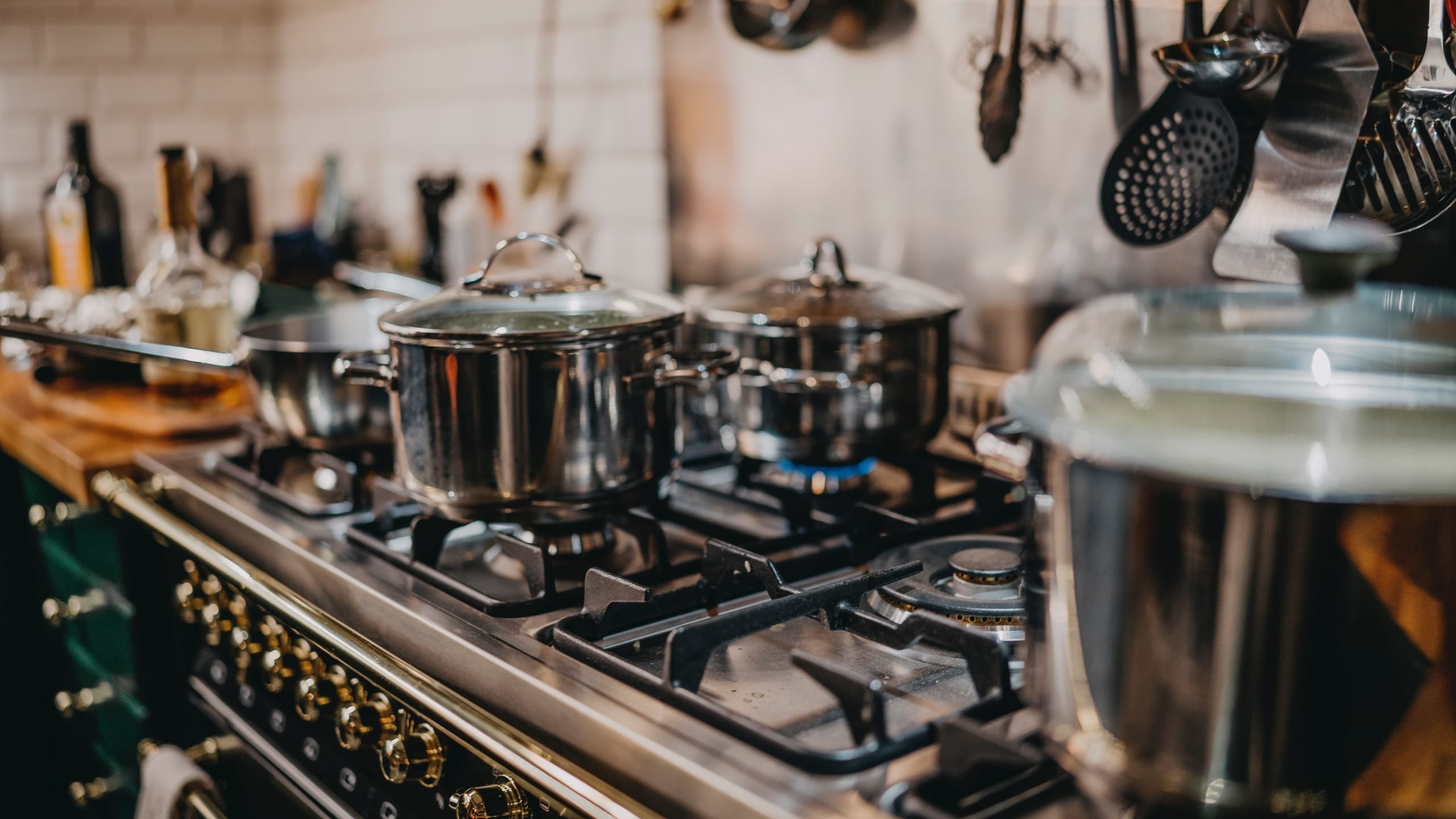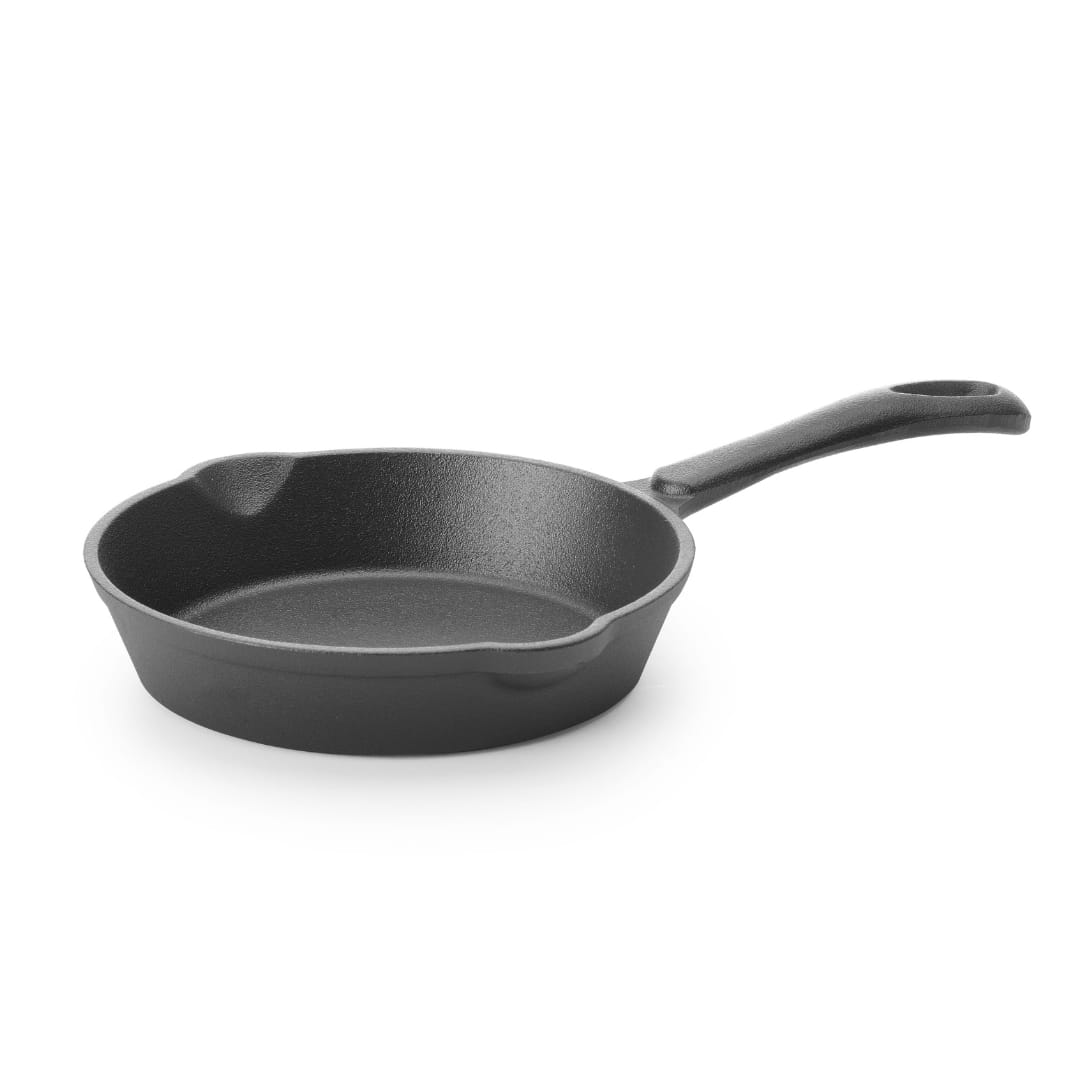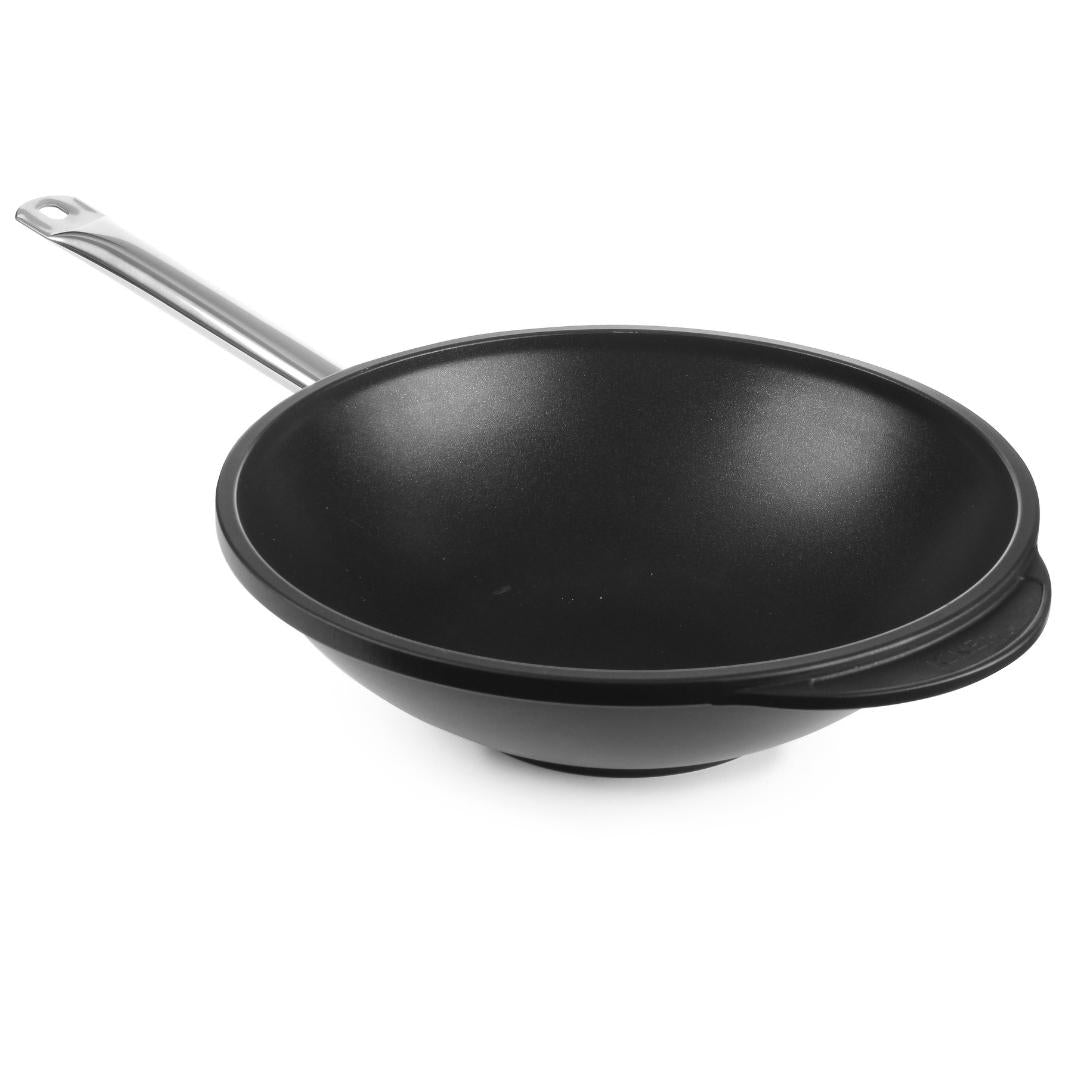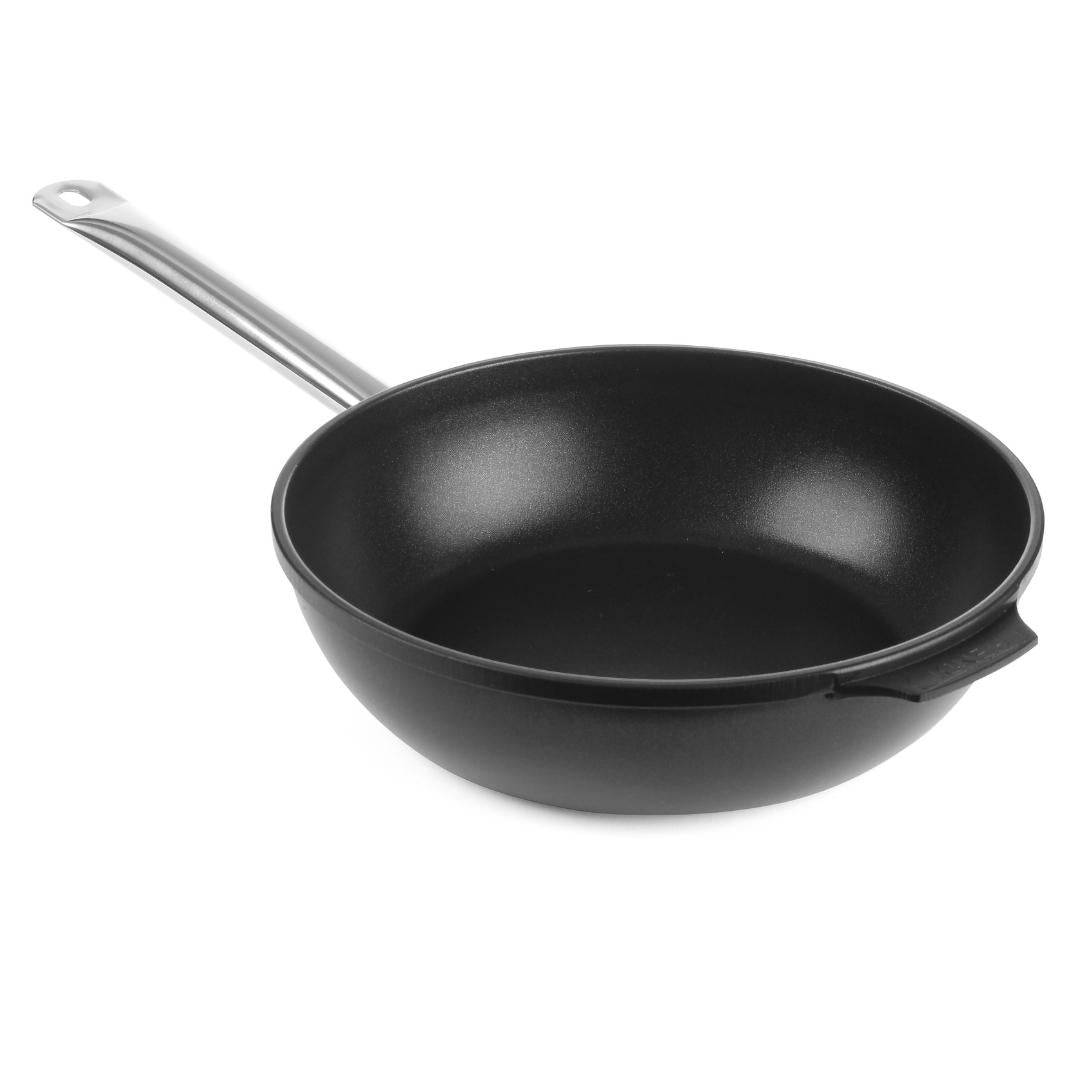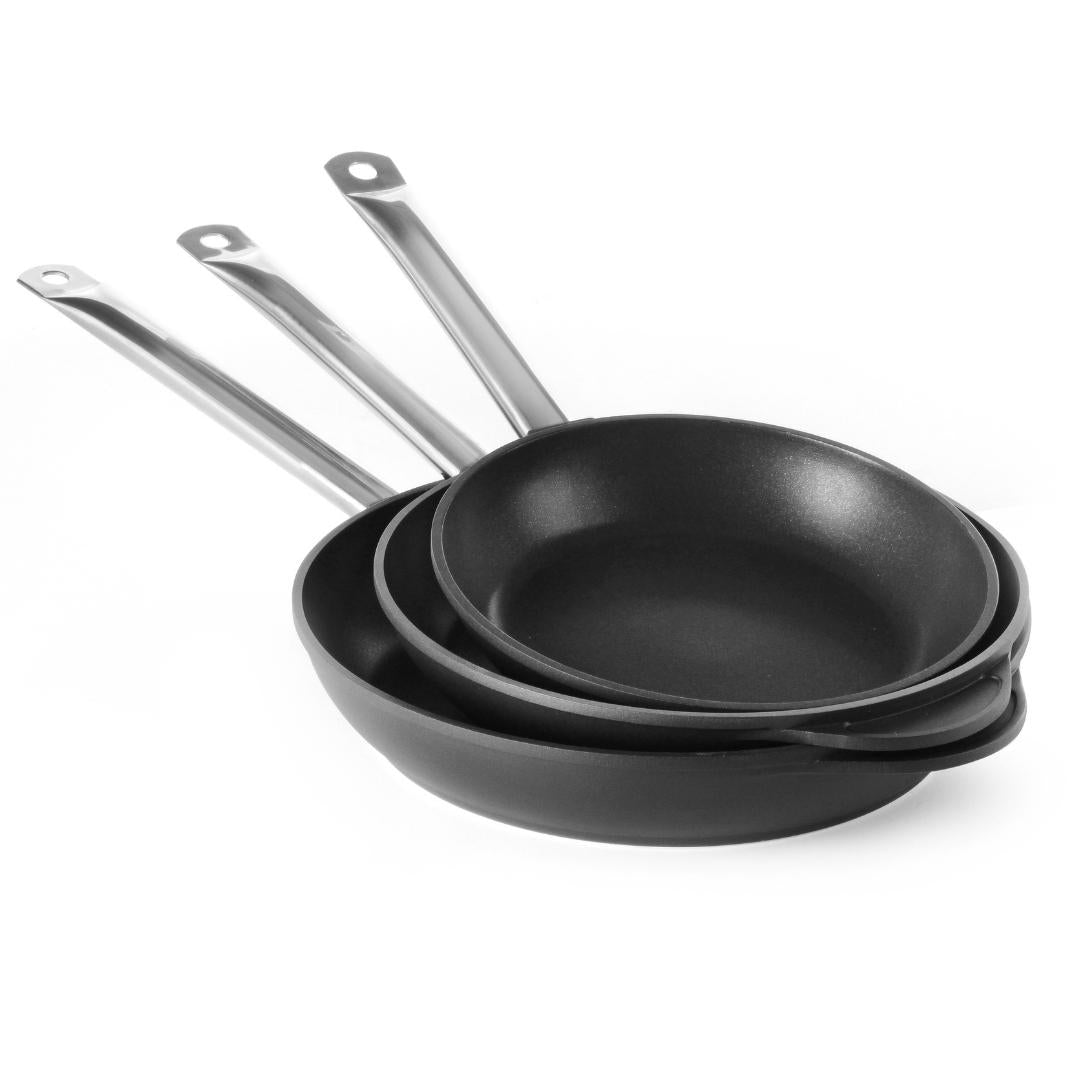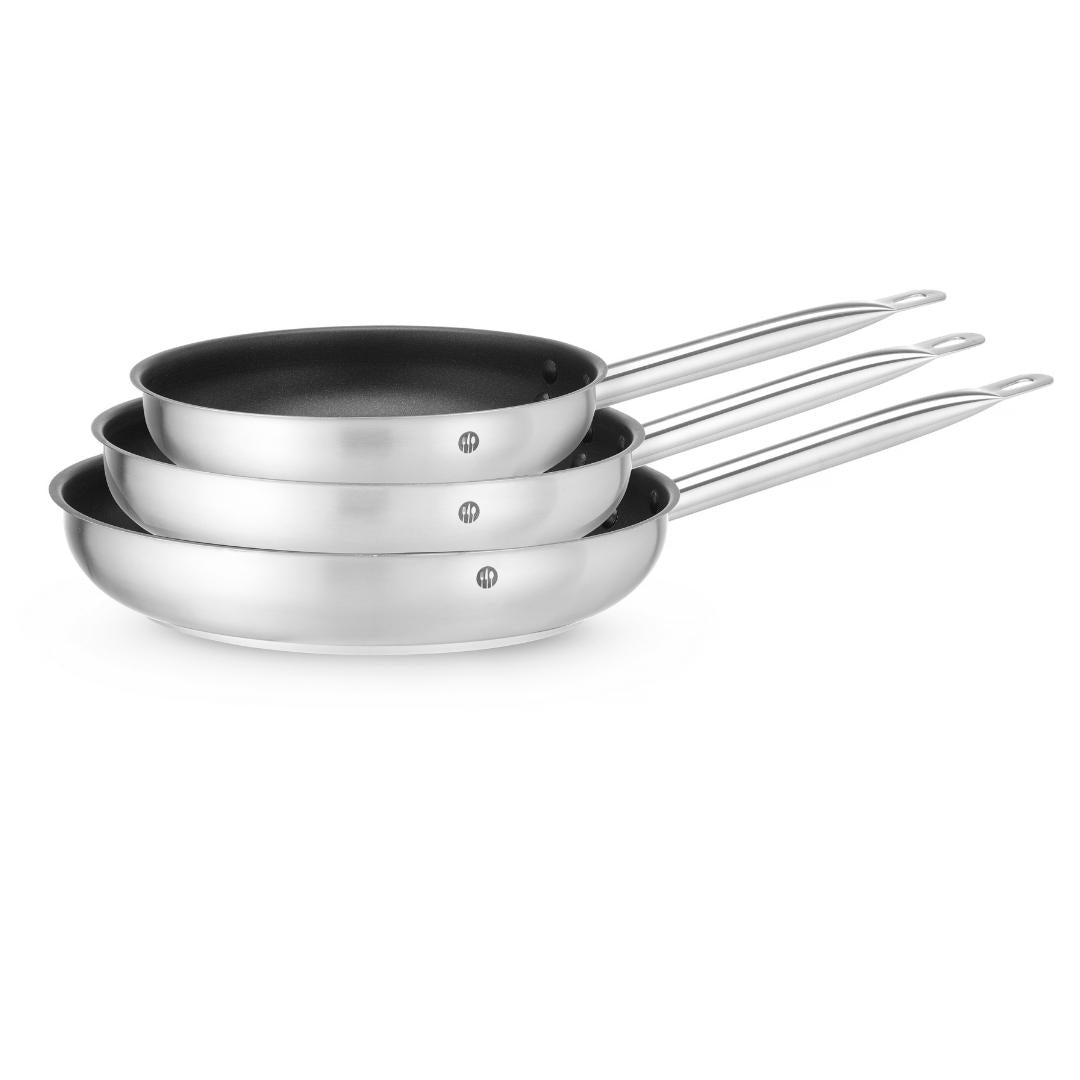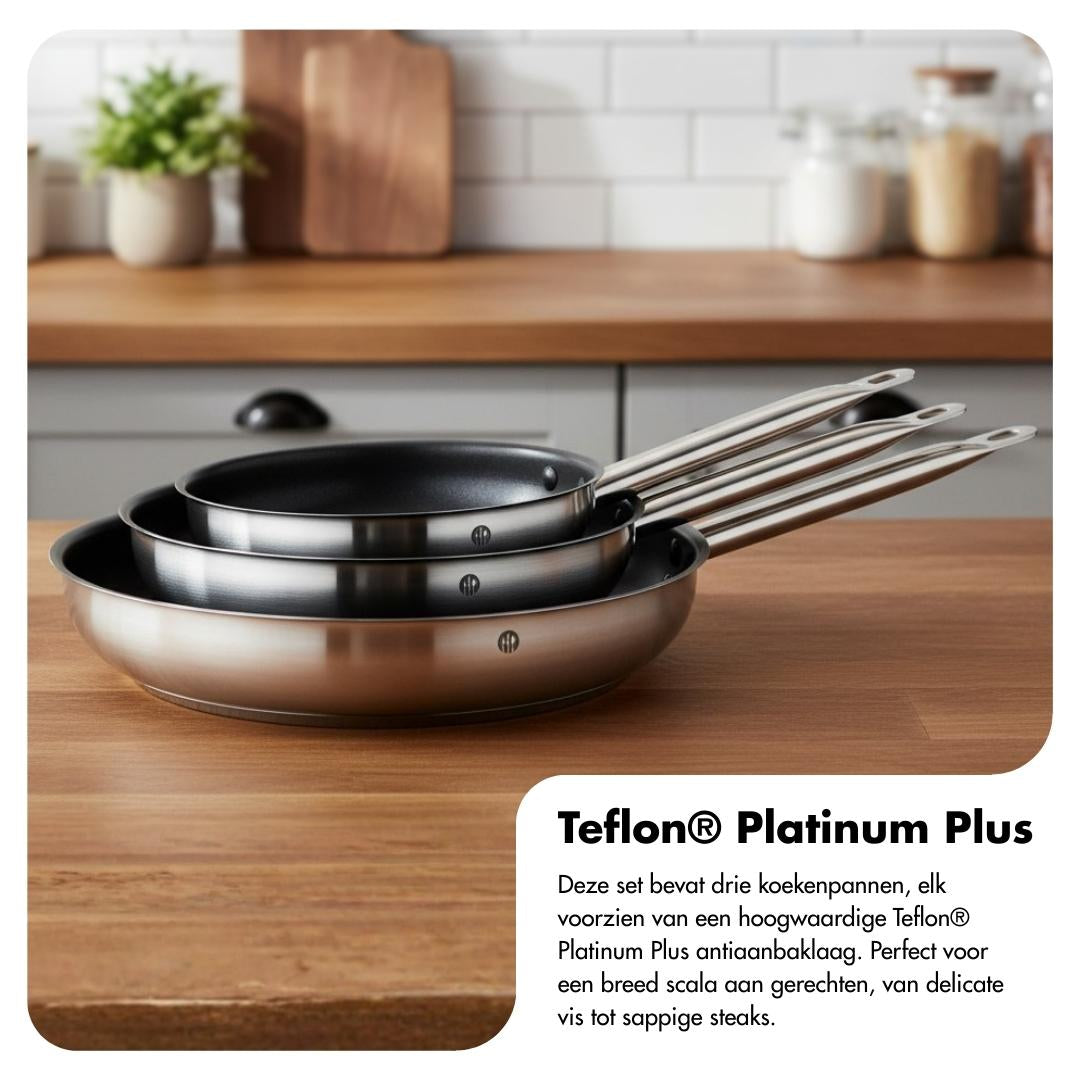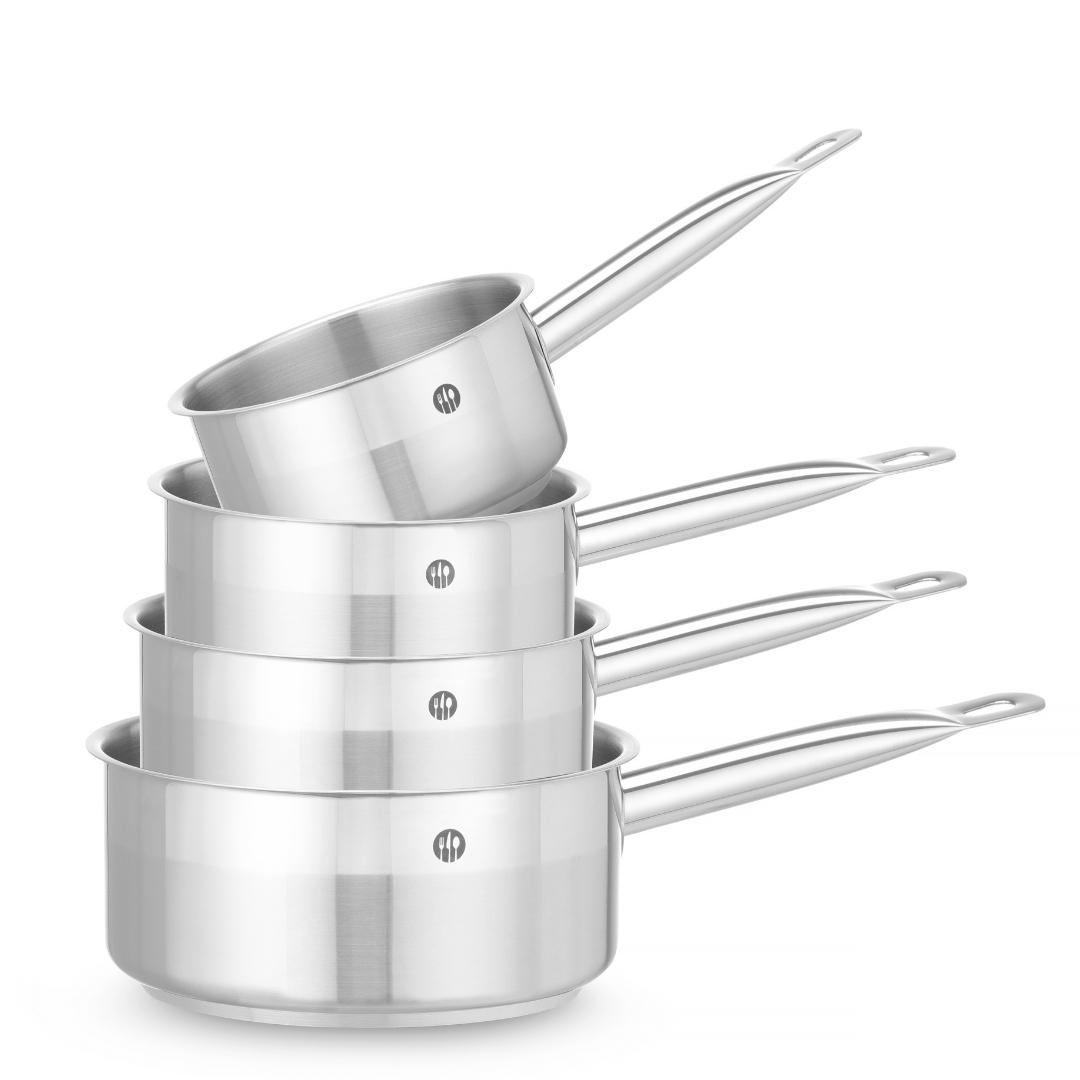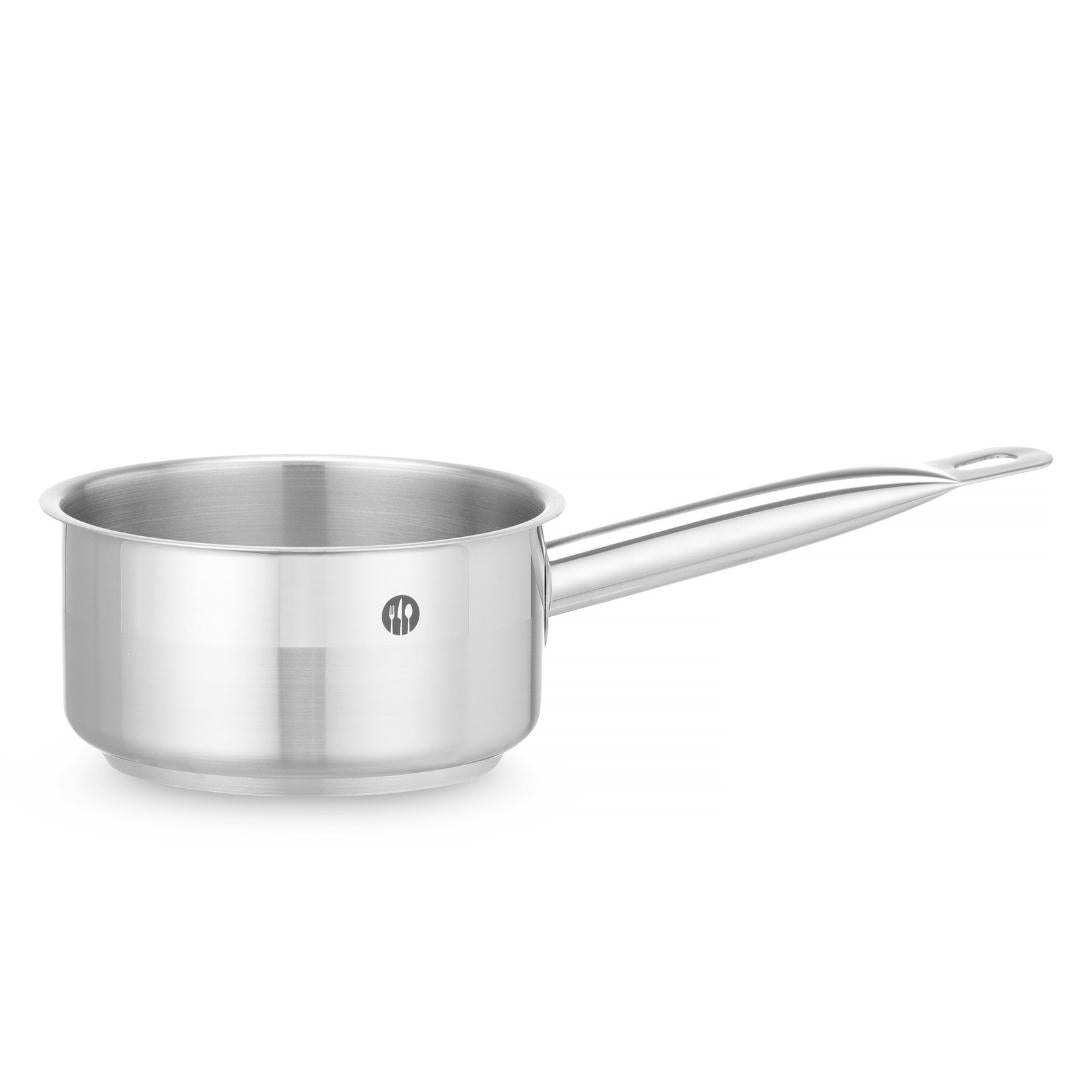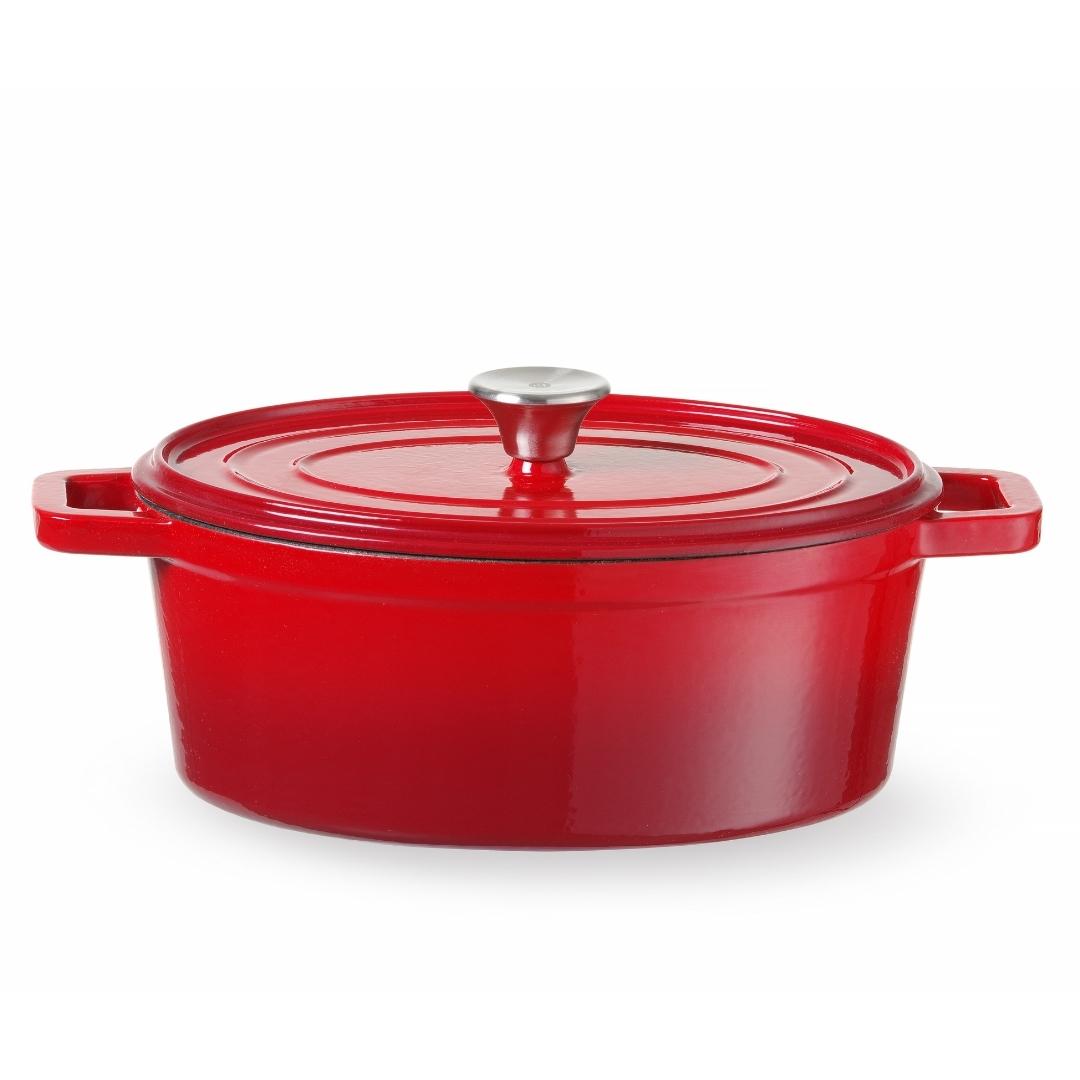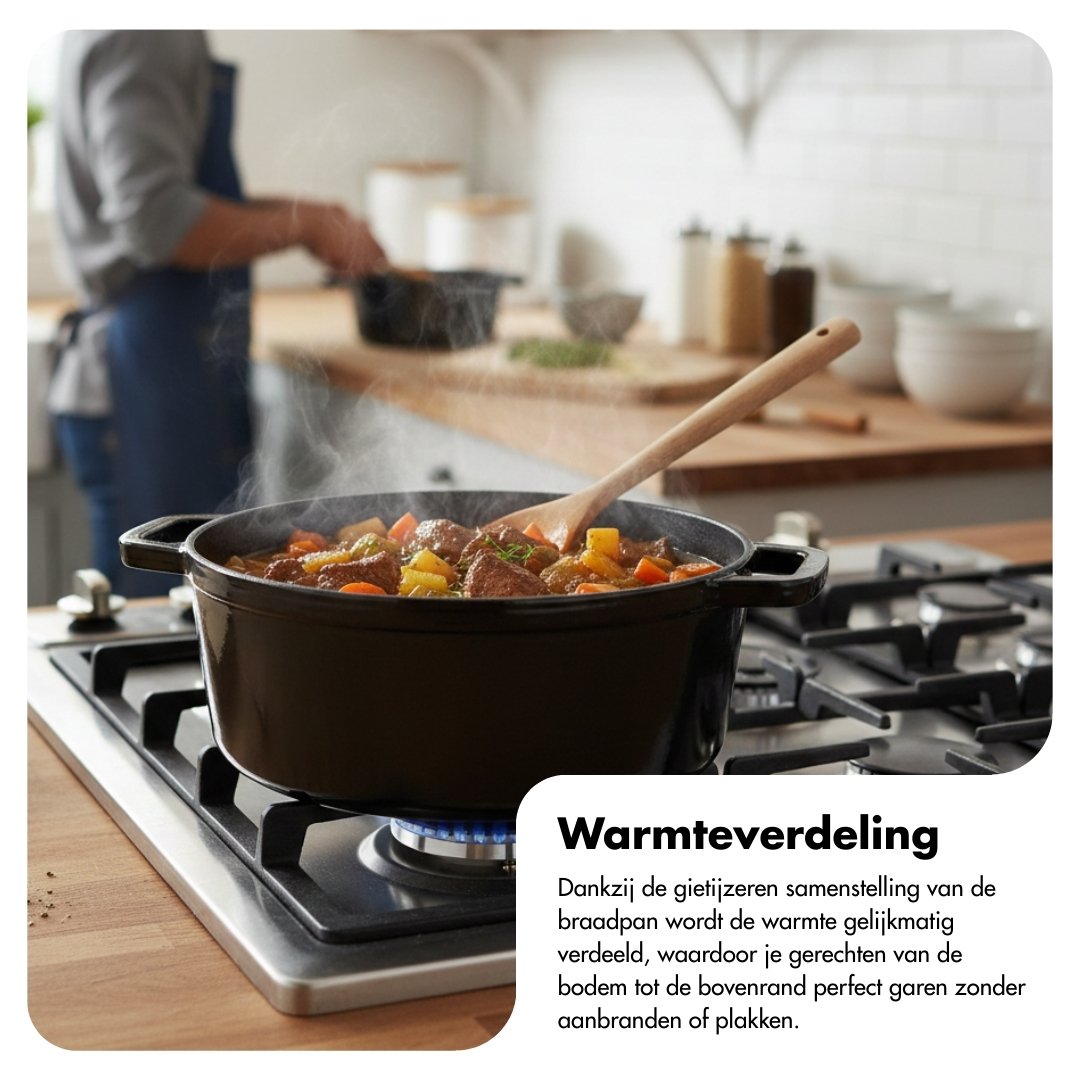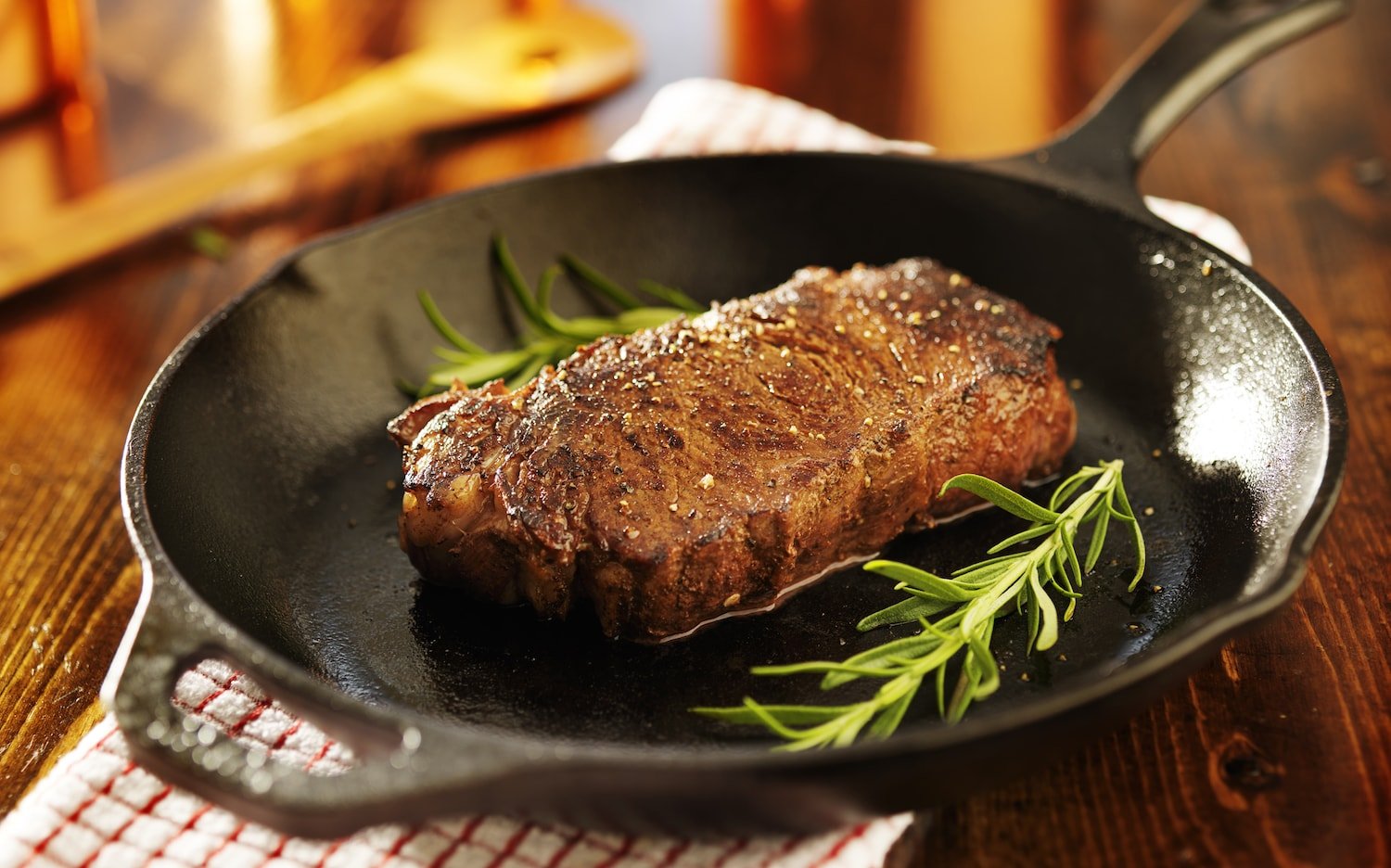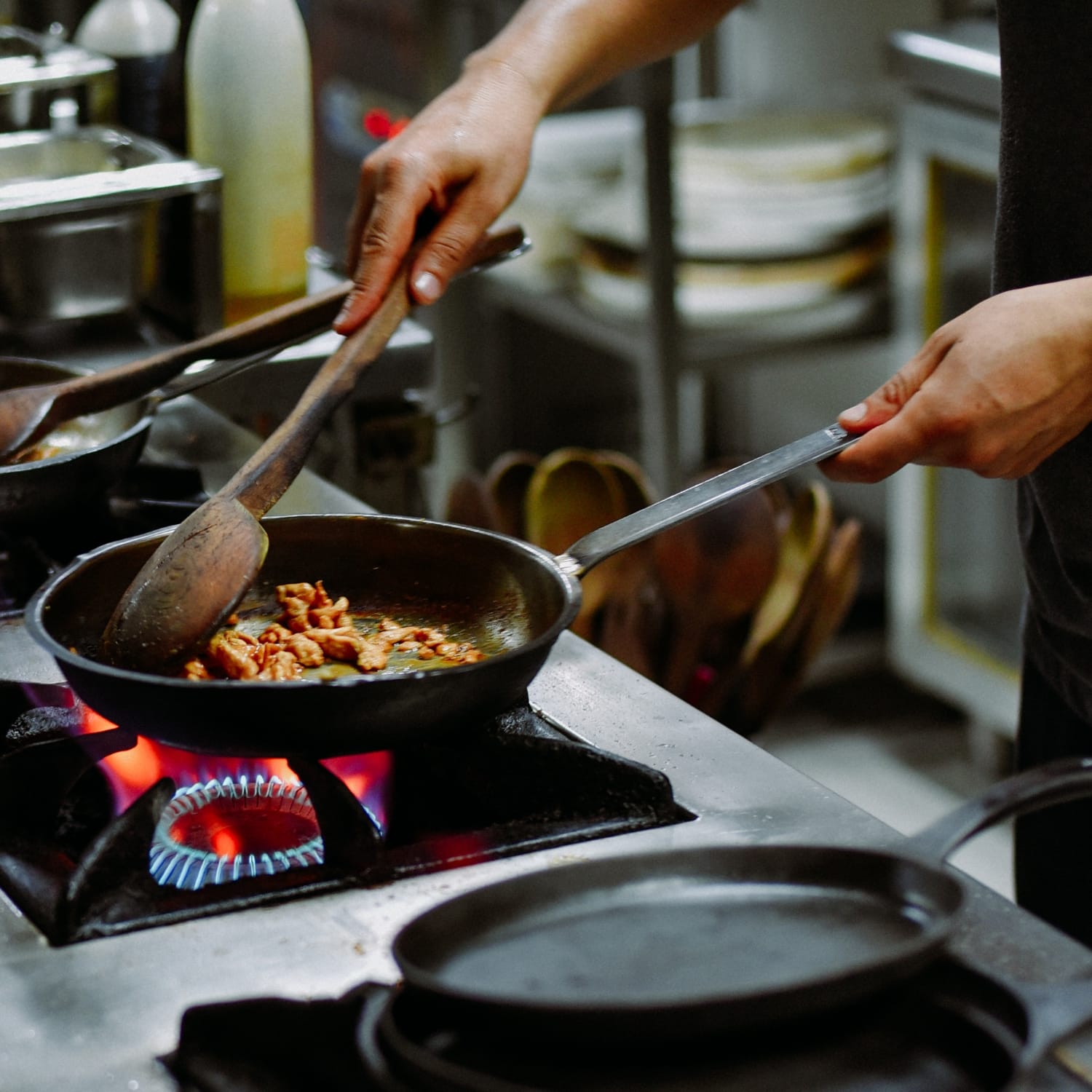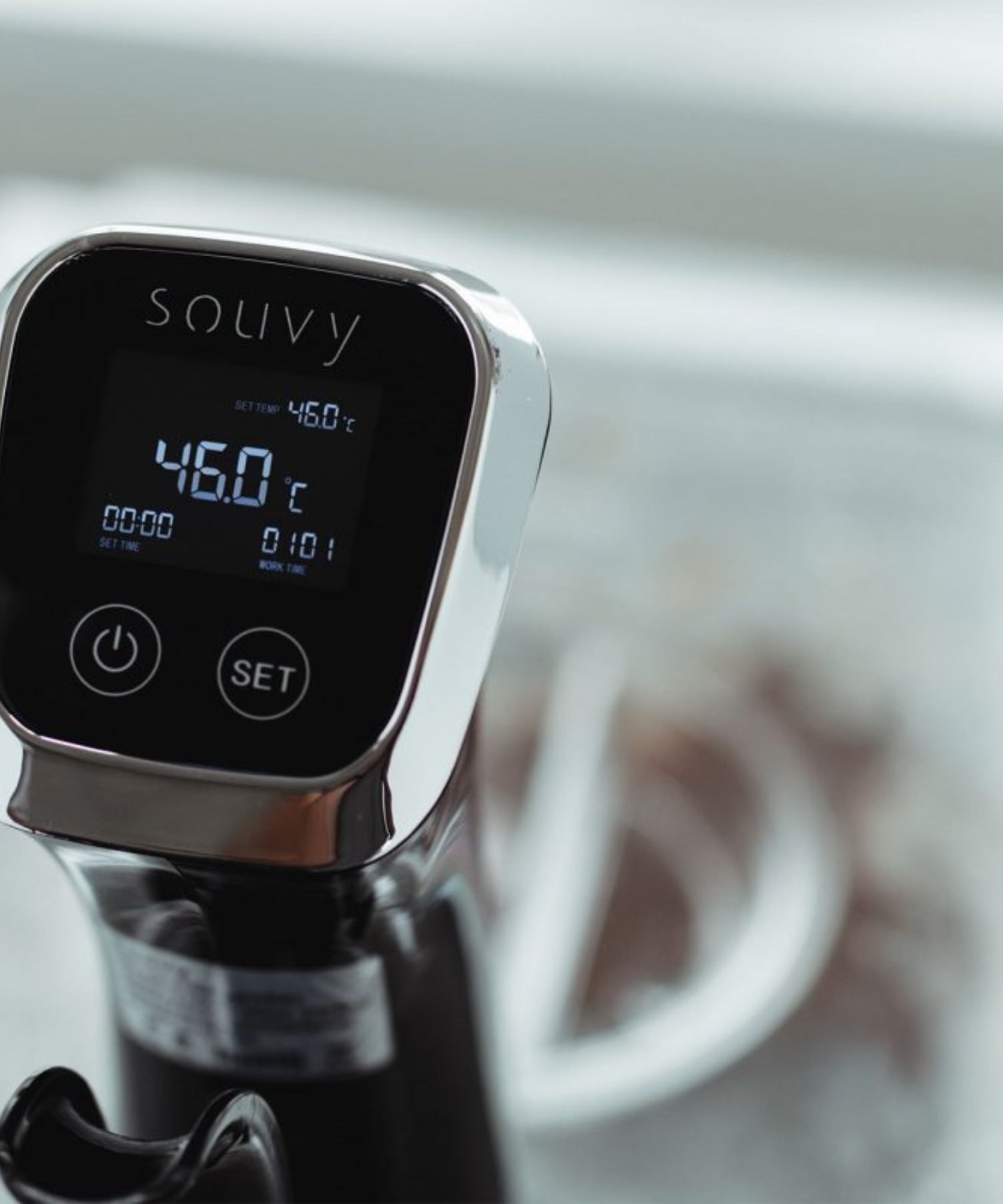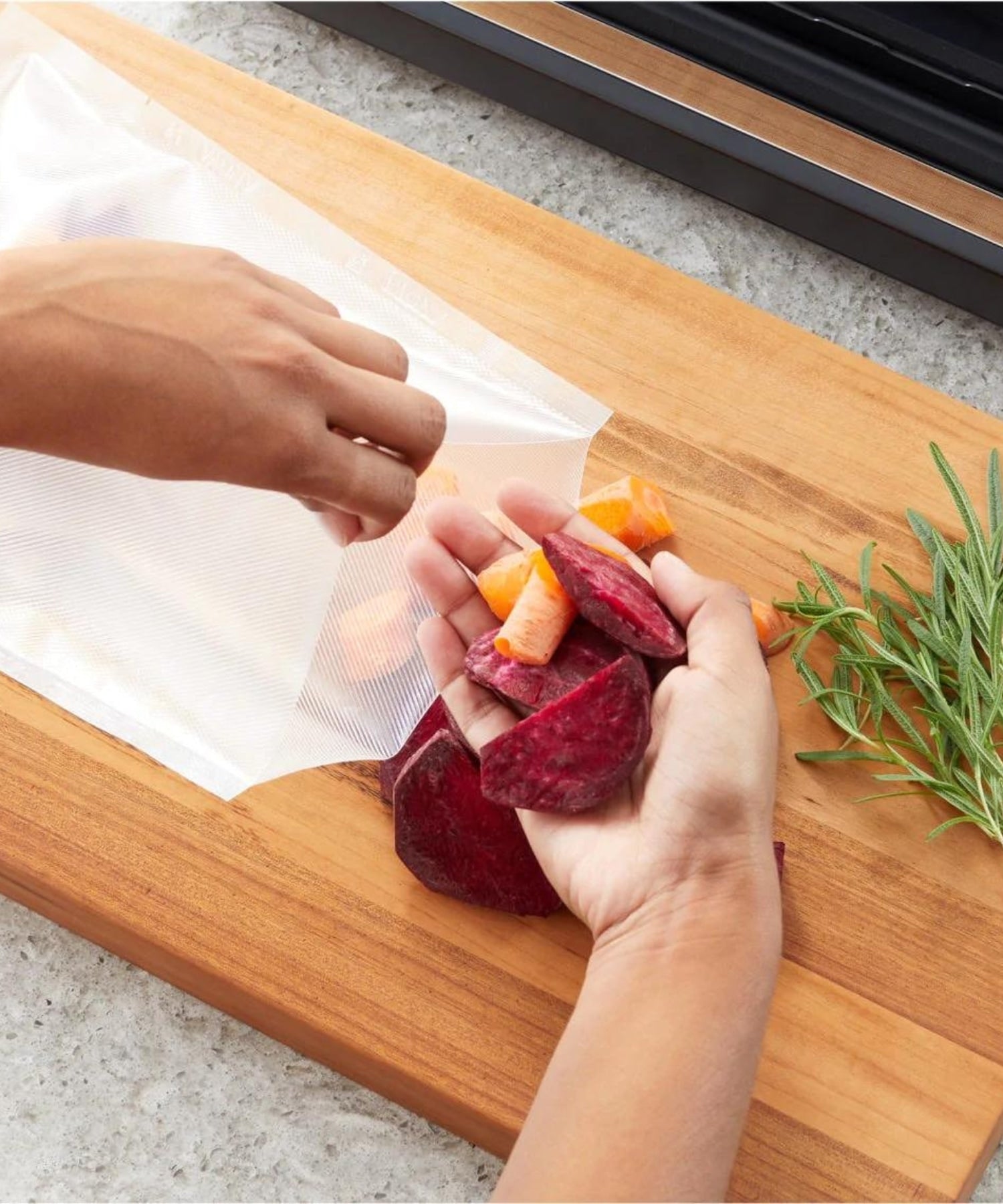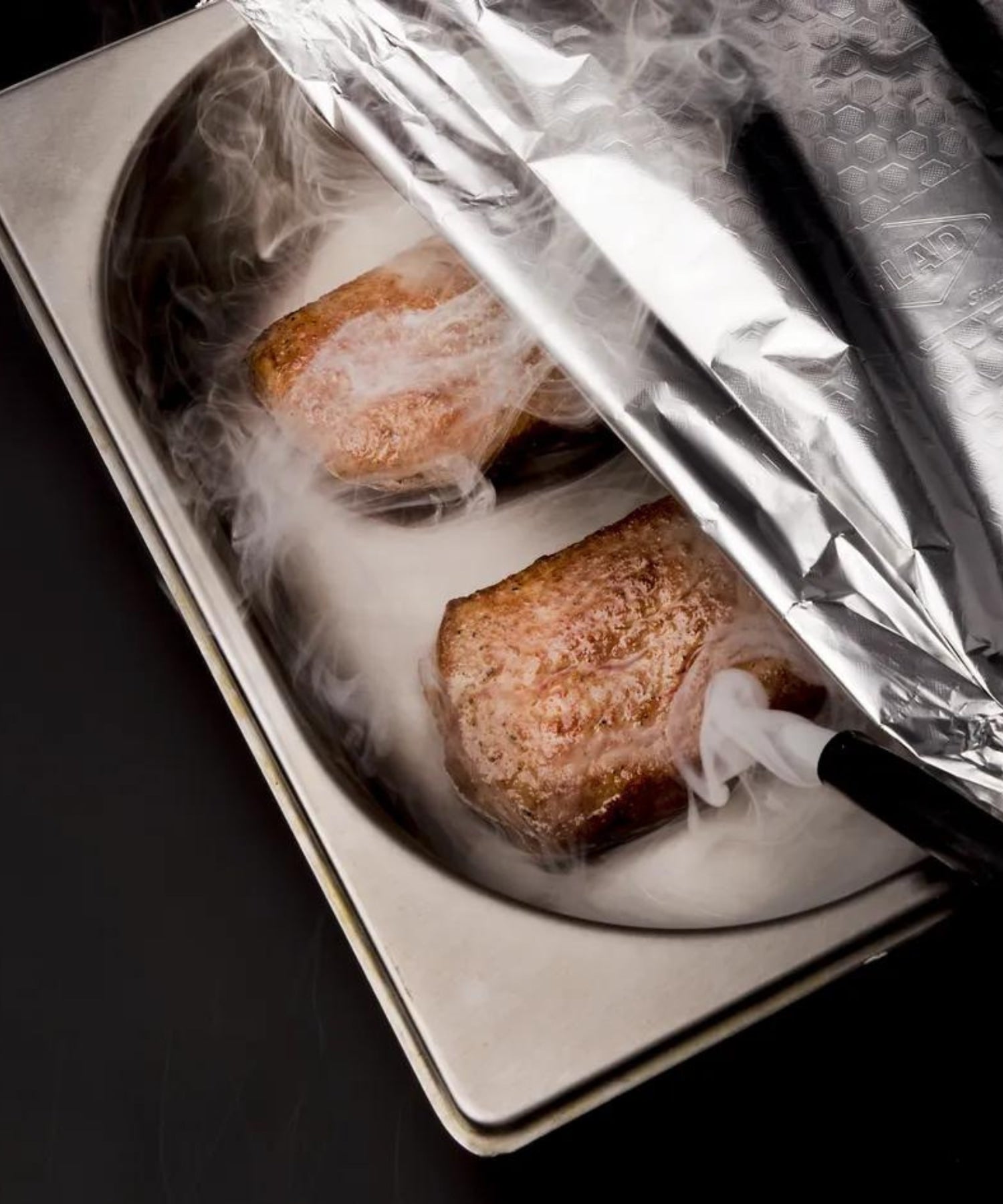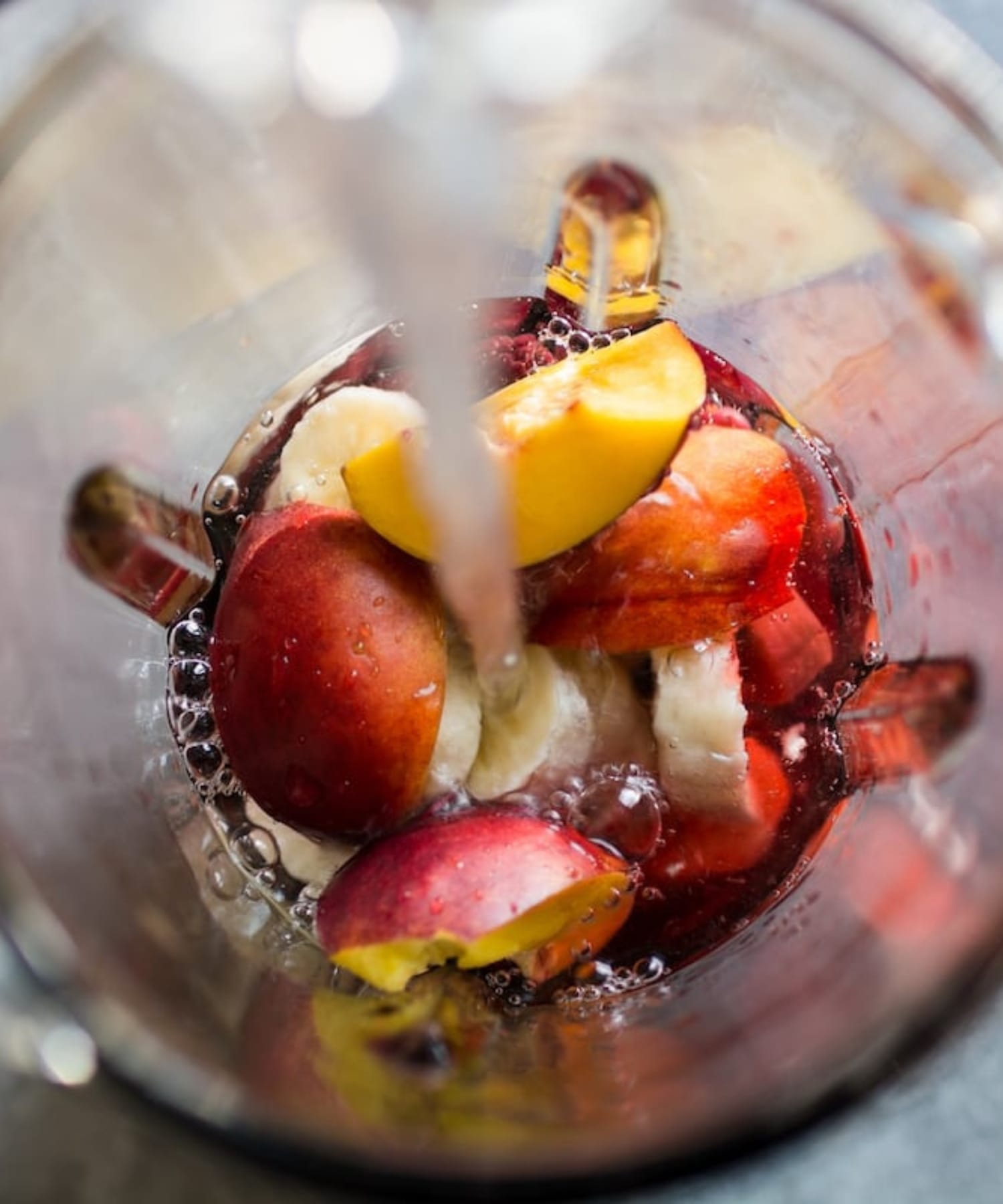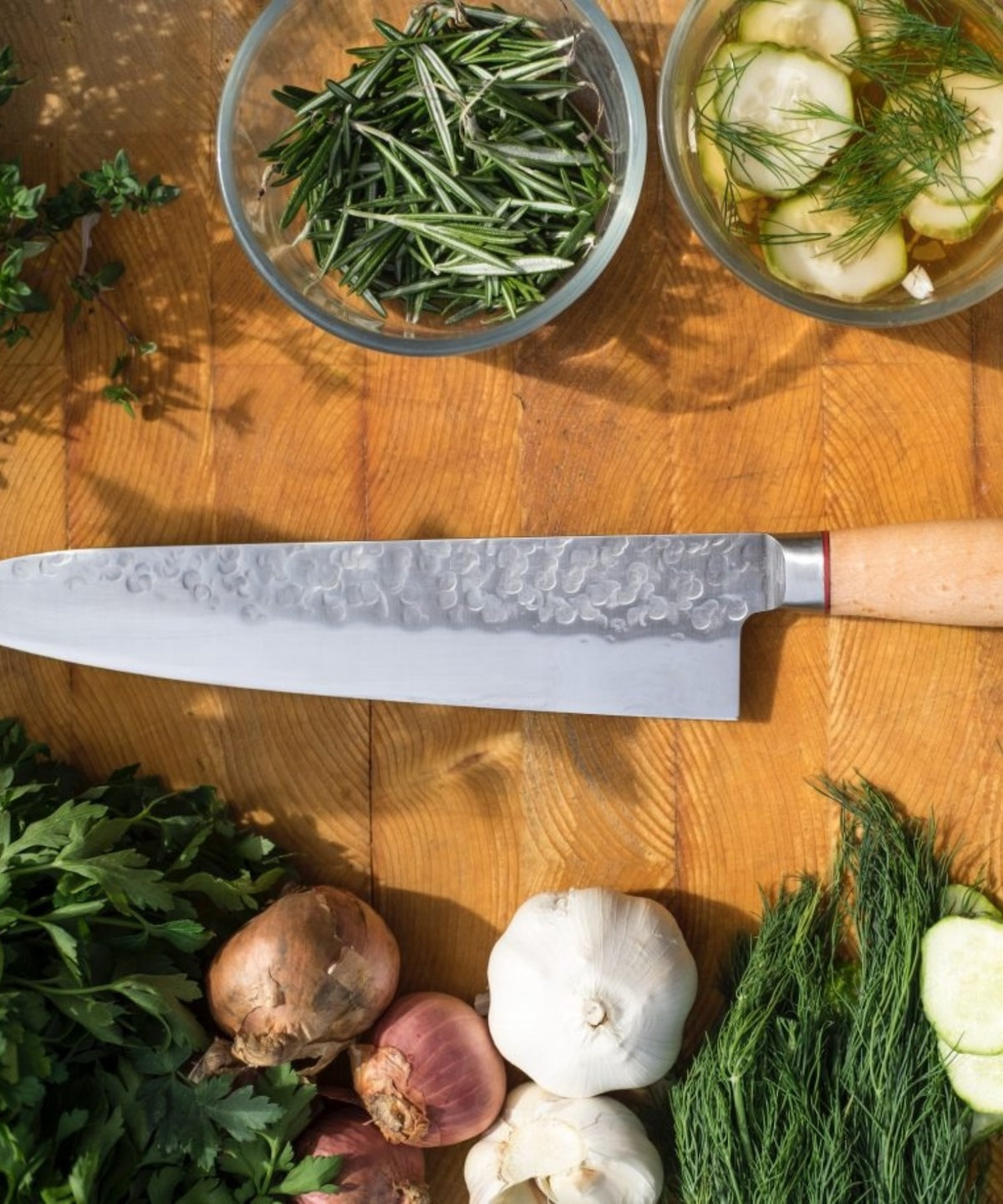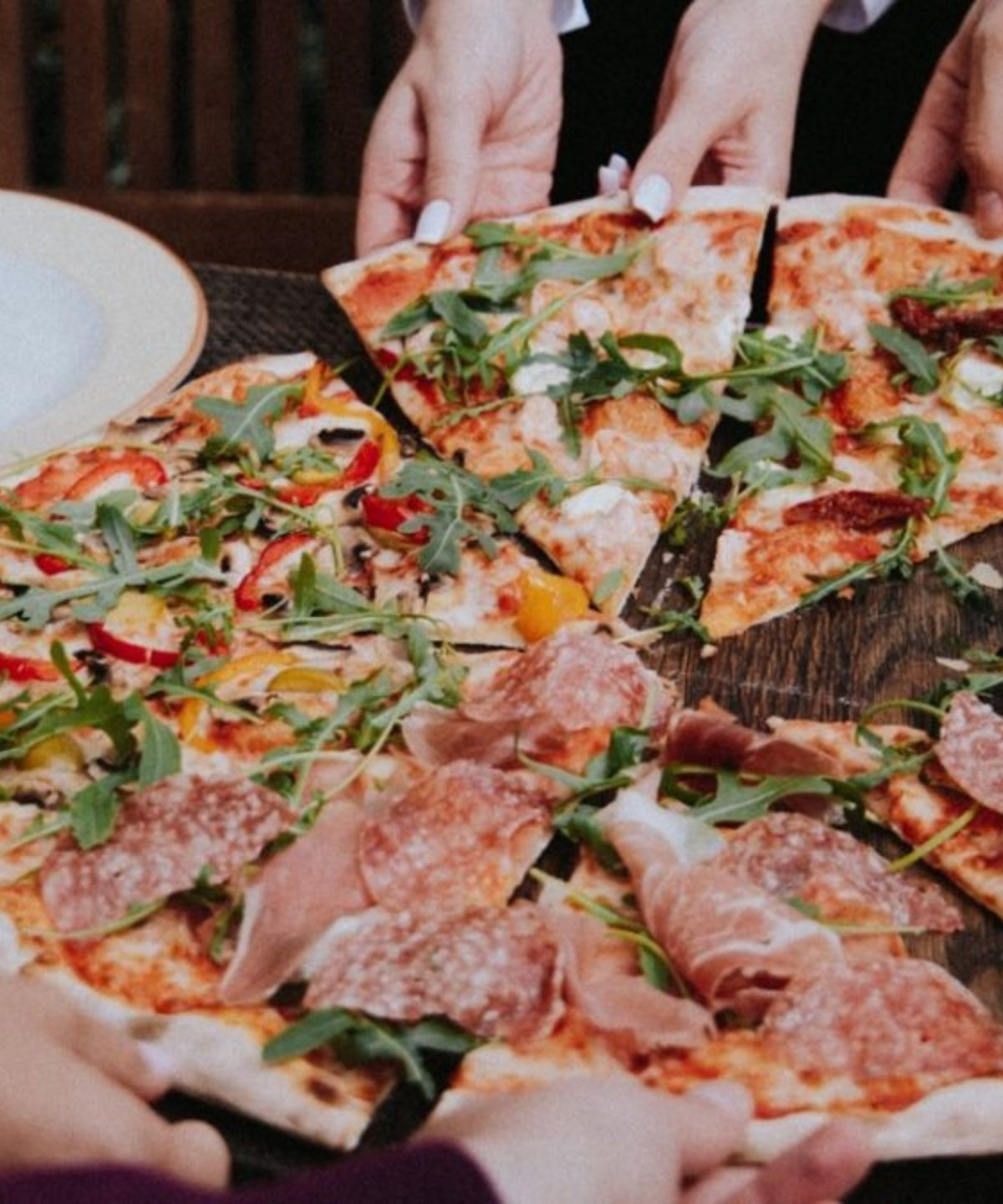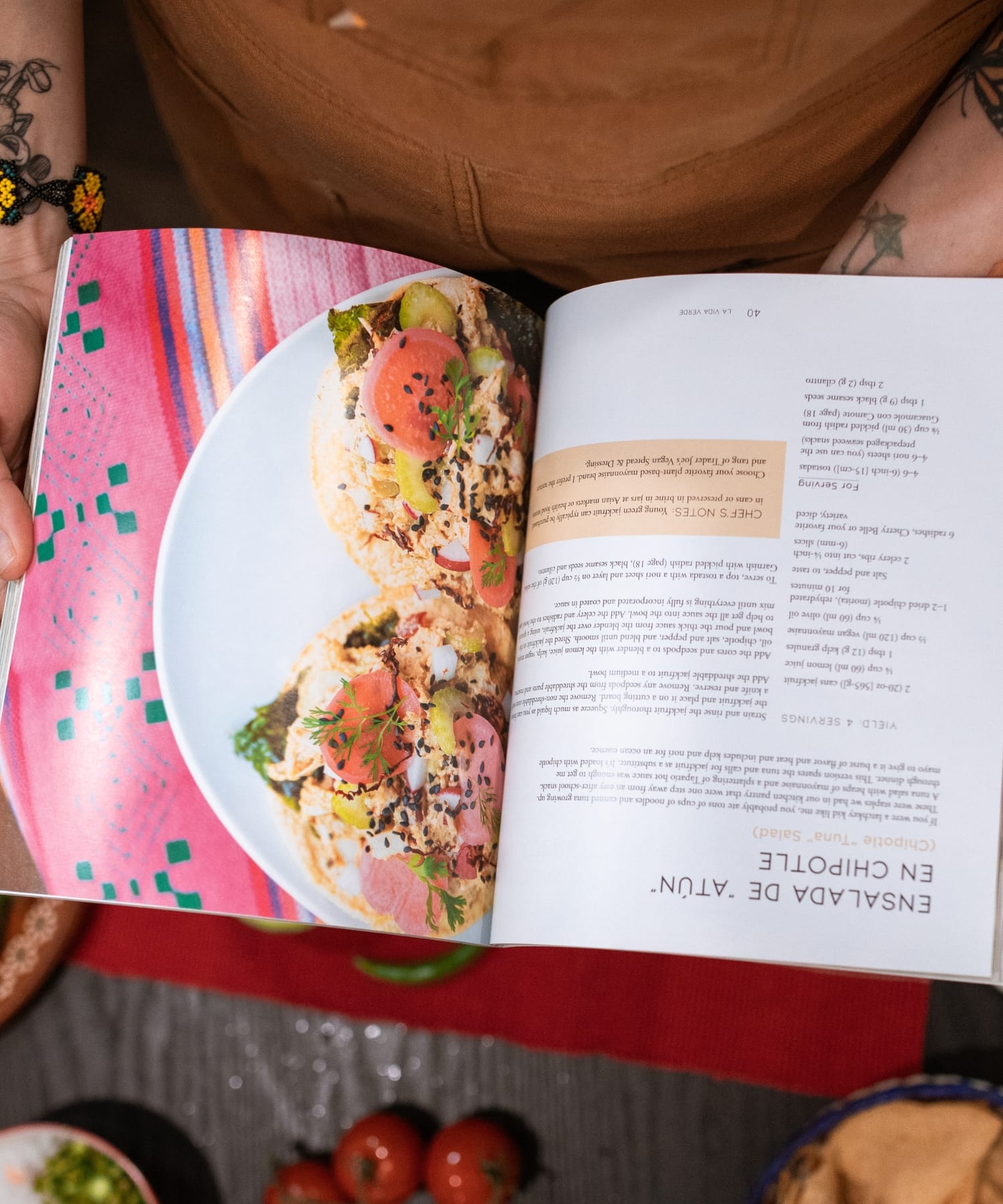Our pans are of high quality and will last for years. They are suitable for all types of stoves, including induction, gas, ceramic and electric. Whether you want to make a delicious stew, fry a perfect steak or prepare a quick stir-fry meal, at Souvy we have the right pan for every occasion.
View our range and discover which pan best suits your cooking style and favorite dishes. And if you're not sure which pan you need, our experts are always ready to help you make the right choice. Order today and let your hobby take on a new dimension!
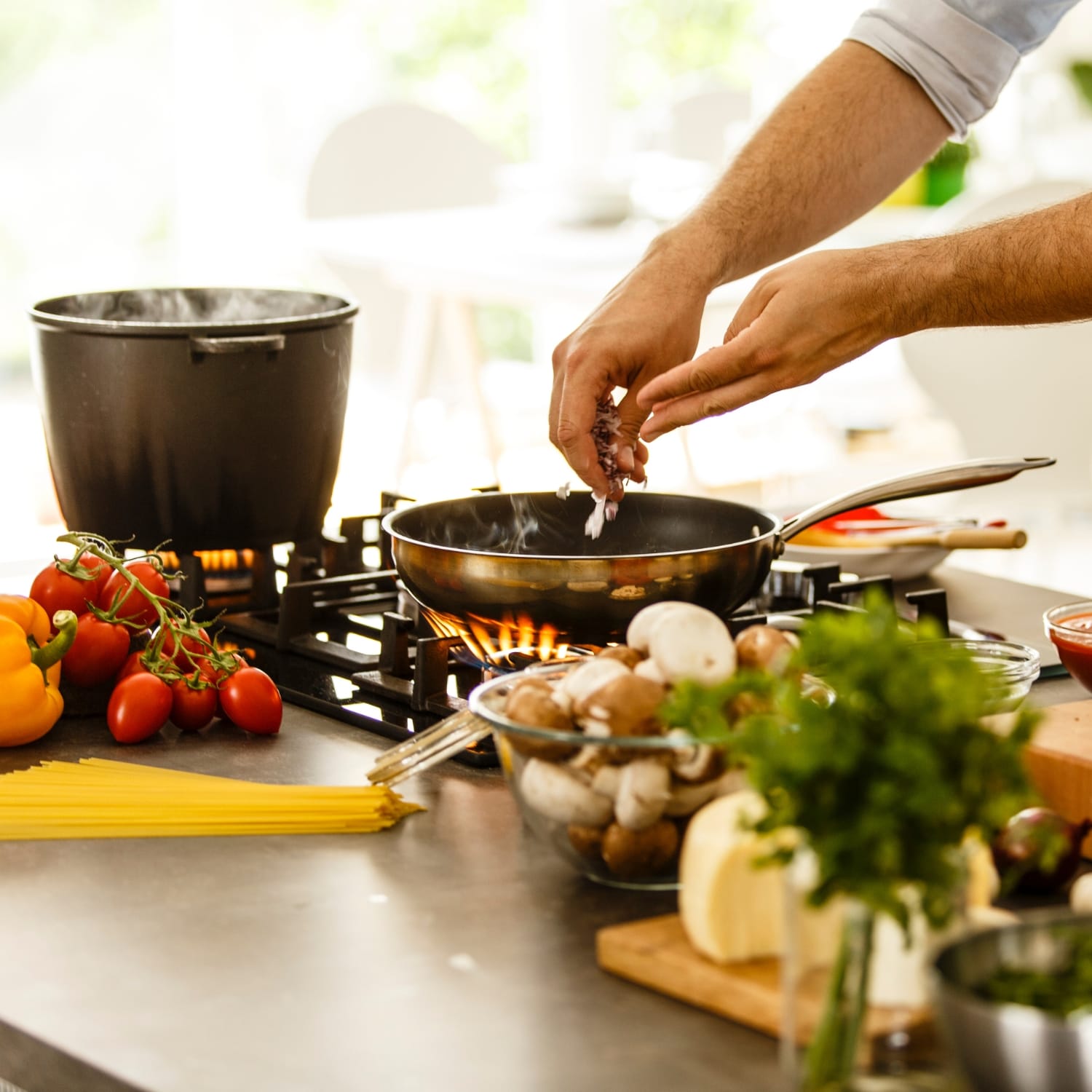
Which pan do you choose?
Choose the right pan and you will notice that cooking becomes a lot easier and more fun! The right pan can make the difference between a perfectly prepared dish and a disappointment on your plate. But what should you pay attention to when choosing pans?
First of all, it is important to consider which dish you want to prepare. Different types of dishes require different types of pans. For example, a frying pan is perfect for slowly cooking meat, while a frying pan is ideal for frying eggs and pancakes. A wok is perfect for quickly stir-frying vegetables and meat.
It is also important to look at the material of the pan. Each material has its own advantages and disadvantages. For example, cast iron is perfect for retaining heat, while stainless steel is easier to clean. Aluminum is light and easy to handle, while copper is a good heat conductor.
Choosing the right pan is not only important for preparing tasty dishes, but also for safety. A pan that is not suitable for your type of stove can lead to damage or even accidents in the kitchen and that is of course not the intention!
In short, a good pan is indispensable in the kitchen of every hobby chef. At Souvy we have a wide range of pans for every type of dish and stove.
Maintenance and use of pans
As a hobby chef, you know better than anyone that the pan does the work. But how do you keep the pan in top condition? And how do you ensure that your pans last longer? A good pan is an investment, so it is important to know how to use and maintain it properly.
Usage
Firstly, it is important to use your pans correctly. For example, it is wise never to heat your pans without something in them. This can damage the non-stick coating and shorten the life of your pan. It is also wise not to stir the pan with metal objects to avoid scratches.
Keep clean
It is also important to keep your pans clean. After cooking, it is wise to let the pan cool down before washing it. It is not good for the pan if you immediately hold it under the cold tap, because then the pan can deform. In addition, it is wise not to use aggressive agents when cleaning. This can damage the non-stick coating and make your pan function less well.
Damages?
Finally, it is good to regularly check the non-stick coating of your pan. If it is damaged, it is wise to replace the pan. A damaged non-stick coating can cause your food to stick and your pans to function less well.
Firstly, it is important to use your pans correctly. For example, it is wise never to heat your pans without something in them. This can damage the non-stick coating and shorten the life of your pan. It is also wise not to stir the pan with metal objects to avoid scratches.
It is also important to keep your pans clean. After cooking, it is wise to let the pan cool down before washing it. It is not good for the pan if you immediately hold it under the cold tap, because then the pan can deform. In addition, it is wise not to use aggressive agents when cleaning. This can damage the non-stick coating and make your pan function less well.
Finally, it is good to regularly check the non-stick coating of your pan. If it is damaged, it is wise to replace the pan. A damaged non-stick coating can cause your food to stick and your pans to function less well.
Frequently Asked Questions
We have answered frequently asked questions about pans for you here. We would like to help you with your questions as quickly as possible. If you cannot find your question here, please feel free to contact us. We are here to help you!
Can I put pans in the dishwasher?
Of course you can put pans in the dishwasher! But… whether it is wise depends on the type of pan and dishwasher you have. Some pans can become damaged or lose their non-stick coating when washed in the dishwasher, while other pans come out perfectly clean. So always check the manufacturer's instructions before putting your pans in the dishwasher. And if you do decide to wash your pans in the dishwasher, make sure you don't stack them too close together so that they are properly cleaned and not damaged. In short, with a little common sense and some extra attention to your pans, the dishwasher can be a useful help in cleaning your pans.
How can I prevent my food from burning?
You probably know it: you are cooking and in the meantime you check your phone, and before you know it you smell burnt food... What can you do to prevent this? Firstly, it is important to keep a close eye on your pan and stir it regularly, especially when cooking over high heat. You can also ensure that your pan is hot before you put the food in it by preheating the pan over low heat. Another tip is not to put too much food in the pan at the same time, so that the food has a chance to cook properly and does not stick together. And last but not least, use a pan with a good non-stick coating or add a little oil or butter to the pan to prevent the food from burning. With these tips you can now cook without stress and enjoy a delicious meal without burnt edges!
How long does a pan last on average?
The eternal question about the lifespan of pans! The answer is not as simple as it seems. It depends on a number of factors, such as the type of pan, the material and the frequency of use. Generally, good quality pans will last for years and some can even last decades if properly maintained. But let's be honest, sometimes life can get busy and the maintenance of our beloved pans can be a bit of a hassle.
The best advice is to take good care of your pans. For example, do not use metal spoons or spatulas in non-stick pans, as this can cause scratches. And try to avoid using abrasive cleaners as this can damage the surface. If you avoid these things and clean your pans regularly and store them properly, you can count on them to last for years to come.
But if your pan is older and starting to show signs of wear, it might be time to invest in a new one. At Souvy we have a wide range of high-quality pans, so you're sure to find a pan that suits your cooking style and will last a long time. And don't forget, a good pan is an investment in your kitchen and in the delicious meals you can prepare with it!
What is the difference between a non-stick coating and a ceramic coating?
The magic of pans! A nonstick coating and a ceramic coating may seem the same, but there are a few important differences. A nonstick coating is usually made of a special coating that prevents food from sticking to the pan. A ceramic coating, on the other hand, is made from a special type of ceramic that is more durable than a standard nonstick coating and more resistant to scratches. So, if you're looking for a pan that will last long and resist scratches, a ceramic coating may be the better choice. But if you just want a pan that prevents your food from sticking to the pan, a nonstick coating can also be a good option. Ultimately it depends on your personal preference and cooking style!
